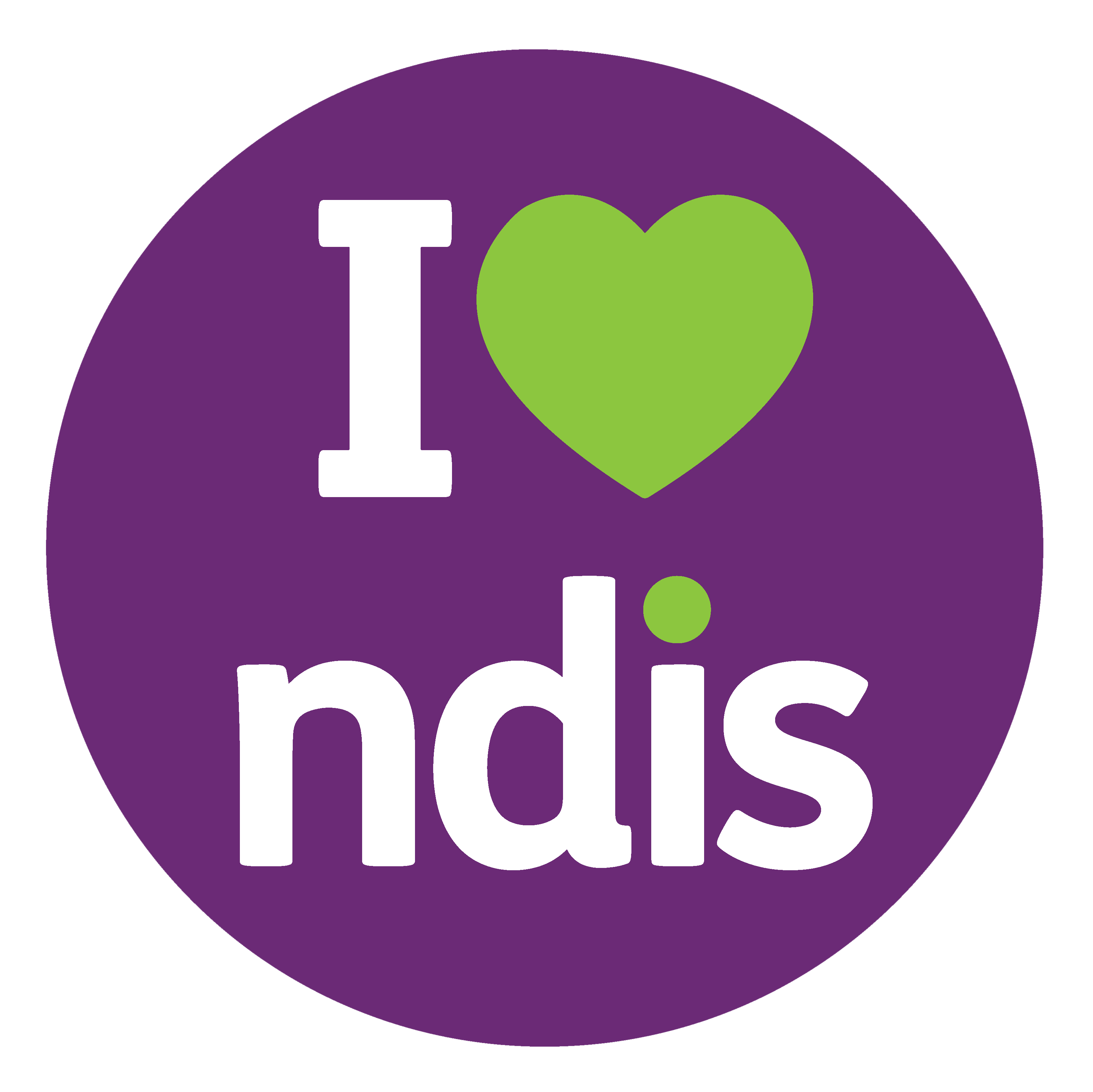Table of Contents
At Clear Care Community, we have seen firsthand the incredible impact dedicated NDIS support workers have on the lives of individuals with disabilities. One of the most common questions we encounter, both from those considering a career in this vital sector and from participants seeking to understand their plan, revolves around NDIS support worker pay rates, specifically the difference between casual and permanent employment.
This detailed guide will break down the distinctions, drawing on insights from the NDIS Price Guide 2024 and recent updates for the NDIS Price Guide 2025, to give you a clear picture.
NDIS Pricing and The SCHADS Award
The hourly rate for an NDIS support worker is primarily governed by the Social, Community, Home Care and Disability Services (SCHADS) Industry Award. This award outlines the base pay rates and working conditions for employees in the disability support sector.
The NDIS price guide outlines the maximum prices that NDIS providers can charge for various supports, which in turn influences the NDIS support worker pay rates. It’s important to note that these are price limits, and while providers strive to offer competitive rates, they must operate within these guidelines.
The NDIS price guide is updated regularly, typically annually, to reflect changes in the cost of living and the fair wage reviews by the Fair Work Commission. For example, the SCHADS award pay rates went up by 3.75% since July 1, 2024. This directly affects the NDIS support worker pay rates 2024 and will continue to do so in the future.

Casual NDIS Support Worker Pay Rates
Casual employment in the NDIS sector offers flexibility, which can be appealing to many. Casual NDIS support workers typically receive a higher hourly rate compared to their permanent counterparts. This “casual loading” is designed to compensate for the lack of benefits that permanent employees receive, such as paid annual leave, sick leave, and public holiday entitlements.
As of January 2025, the minimum NDIS support worker pay rates for casual workers at Level 2.1 under the SCHADS Award are around $41.76 per hour. This rate increases with experience and qualifications, moving through pay points. For example, a casual Level 2.4 worker could earn approximately $45.58 per hour, and a casual Level 3.4 worker could earn around $50.06 per hour.
This higher hourly rate can be attractive for those who prefer irregular hours, want to supplement other income, or need the freedom to manage their schedules. However, it comes with the understanding that when you’re not working, you’re not getting paid. There’s no guarantee of consistent hours, and if you need time off for illness or a holiday, that time will be unpaid.

Permanent NDIS Support Worker Pay Rates
Permanent NDIS support workers, whether full-time or part-time, have a lower hourly rate than casuals but gain significant stability and a range of entitlements. These benefits are a crucial part of their overall compensation package and contribute to job security and work-life balance.
As of January 2025, the minimum NDIS support worker pay rates for permanent workers at Level 2.1 are approximately $33.41 per hour. Similar to casual rates, these increase with experience and qualifications. A permanent Level 2.4 worker could expect to earn around $36.46 per hour, and a Level 3.4 worker about $40.05 per hour.
The perks of being a permanent disability support worker include:
- Paid Annual Leave: Entitlement to paid holidays each year.
- Paid Sick Leave/Personal Leave: Entitlement to receive full pay while taking time off due to illness or personal matters.
- Public Holiday Pay: Paid time off for public holidays, often at increased rates if worked.
- Superannuation: Employer contributions to their retirement fund.
- Job Security: Regular, guaranteed hours of work.
- Access to Training and Professional Development: Many providers invest in their permanent staff’s growth.
- Workers’ Compensation Coverage: Protection in case of workplace injury.
For individuals who value consistent income, a predictable schedule, and the peace of mind that comes with paid leave, permanent employment as a support worker is often the preferred option. It allows for better financial planning and a more secure career path within disability support.
Factors Influencing NDIS Support Worker Pay Rates
Beyond the casual vs. permanent distinction, several other factors influence NDIS support worker pay rates:
- Qualifications and Experience: Holding a Certificate III or Certificate IV in Individual Support (Disability) will generally lead to higher NDIS support worker pay rates. More experienced workers are also compensated accordingly.
- Complexity of Support: Providing high-intensity support, which might involve complex health needs or challenging behaviours, often attracts higher rates.
- Time of Day and Day of Week: NDIS support worker hourly rates are higher for evening, weekend, and public holiday shifts. For example, weekend rates can be 50% higher, and public holiday rates 100% higher than standard weekday rates.
- Location: Pay rates can vary slightly depending on the region due to factors like cost of living and demand for support workers.
- Provider Type: While the NDIS price guide sets limits, different providers might have varied pay structures, though they must adhere to the SCHADS Award minimums.
Casual or Permanent NDIS Support Worker?
Your decision to work as a casual or permanent disability support worker should be based on your situation, financial objectives, and lifestyle needs.
If you thrive on flexibility, enjoy varied work, and are comfortable managing your leave and finances, a casual role with its higher NDIS support worker pay rates per hour might be ideal. It can be a great way to gain experience across different participant needs and build a diverse skillset.
However, if you seek stability, consistent income, and the invaluable benefits of paid leave, a permanent position offers a more secure and predictable career in community care.
Ready to Join Our Clear Care Community?
At Clear Care Community, we provide quality disability support services in Narre Warren and beyond. We are committed to transparency regarding NDIS support worker pay rates and providing a supportive environment for our team, knowing that a well-supported worker means a well-supported participant.
Whether you’re considering a career as a support worker or are an NDIS participant seeking reliable and compassionate care, we encourage you to contact us today. We are here to help you navigate the NDIS landscape and find the solutions that best fit your needs.











